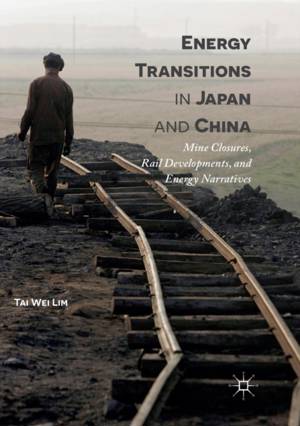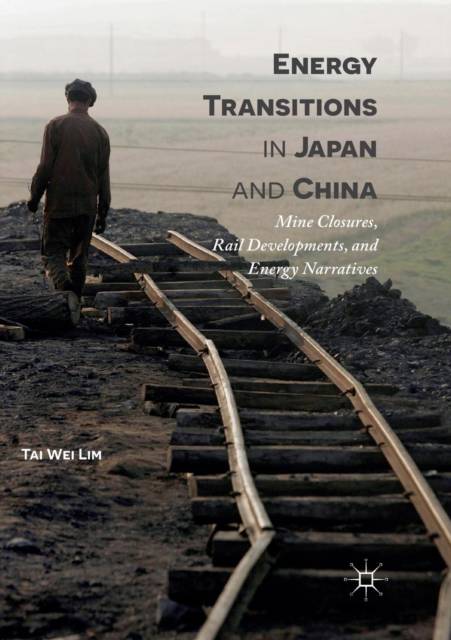
- Retrait gratuit dans votre magasin Club
- 7.000.000 titres dans notre catalogue
- Payer en toute sécurité
- Toujours un magasin près de chez vous
- Retrait gratuit dans votre magasin Club
- 7.000.000 titres dans notre catalogue
- Payer en toute sécurité
- Toujours un magasin près de chez vous
Energy Transitions in Japan and China
Mine Closures, Rail Developments, and Energy Narratives
Tai Wei LimDescription
This volume focuses on the topic of energy transitions in the coal mining industries of China and Japan by adopting a Sino-Japanese comparative approach in area studies to examine the experiences between the two major East Asian economies. In China, rapid industrialization led to dramatic growth in energy demand and much of this energy demand was fueled by affordable coal energy. With growing social concerns about the environment and an increasingly vocal middle class in contemporary China, the authorities and state-owned enterprises are studying the use of coal fuels for its future development. In Japan, coal was also an affordable main source of energy for Japan's early post-war heavy industrialization until it was gradually replaced by oil in the 1960s. The oil shocks of the 1970s compelled Japan to look for cleaner and cheaper fuels, including nuclear power. In these energy transitions from coal to oil and then onto non-fossil fuels, the story of coal power in both countries ishighlighted in this publication as a comparative study. This volume is a crucial contribution to the discussion of China's energy reforms, and required reading for scholars of climate change and society.
Spécifications
Parties prenantes
- Auteur(s) :
- Editeur:
Contenu
- Nombre de pages :
- 242
- Langue:
- Anglais
Caractéristiques
- EAN:
- 9789811094194
- Date de parution :
- 05-07-18
- Format:
- Livre broché
- Format numérique:
- Trade paperback (VS)
- Dimensions :
- 148 mm x 210 mm
- Poids :
- 308 g







